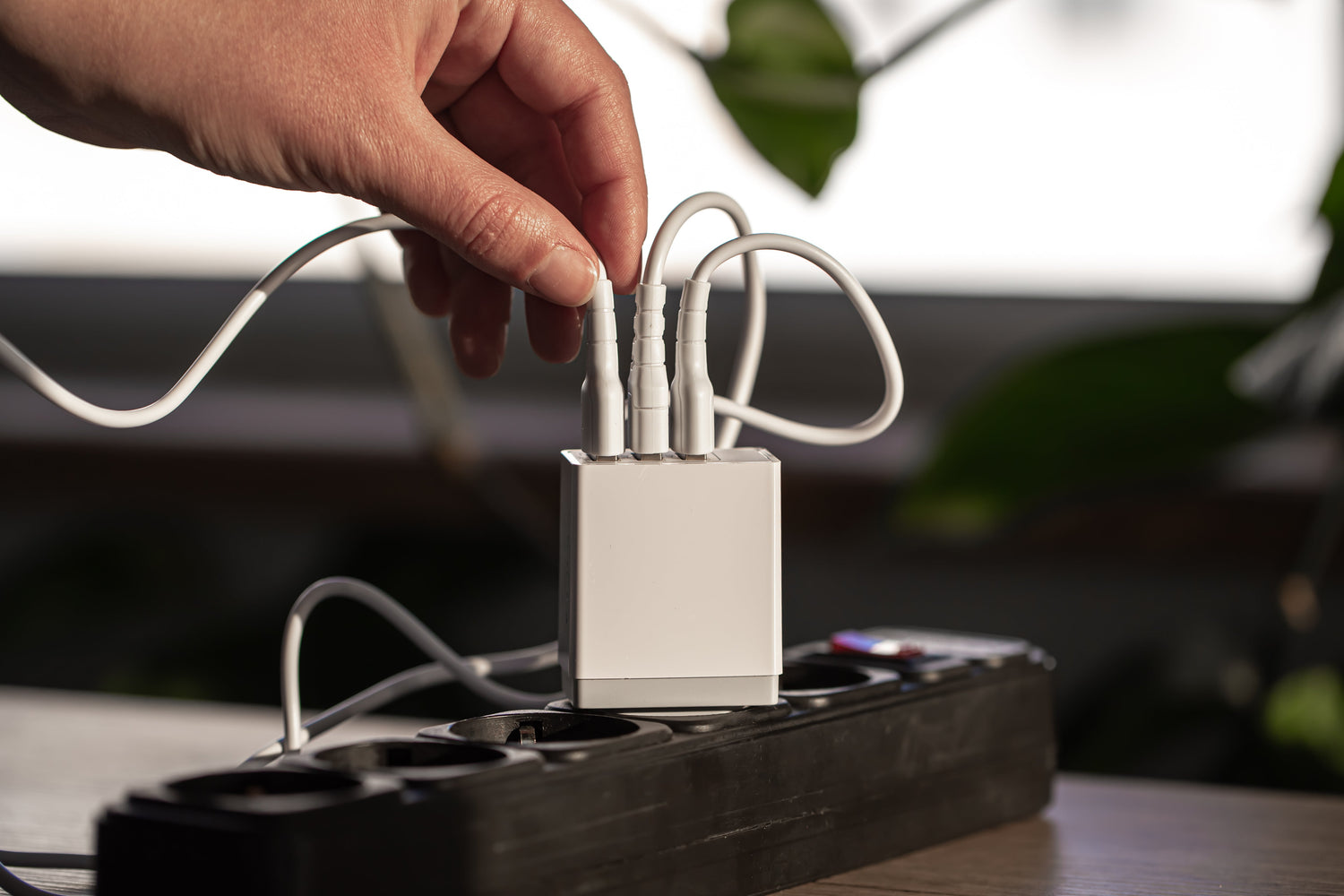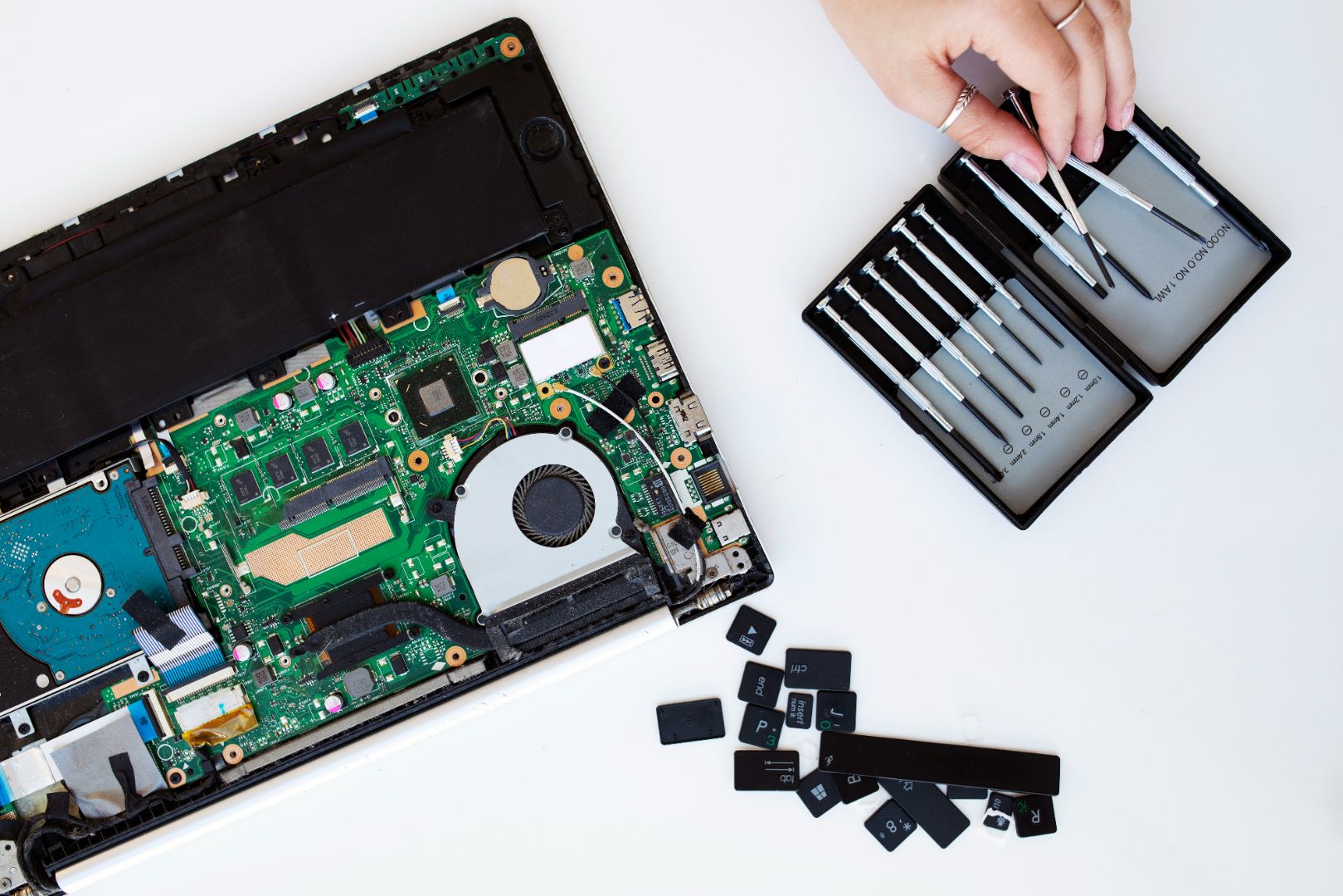When it comes to powering your laptop, the adapter plays a crucial role in ensuring reliable performance and longevity. However, with a plethora of options available on the market, choosing the right laptop adapter for your device can be a daunting task. In this comprehensive guide, we'll walk you through everything you need to know to make an informed decision when selecting a laptop adapter. From understanding wattage and voltage requirements to compatibility considerations and safety features, we'll cover it all. Whether you're in need of a replacement adapter or looking to upgrade to a more efficient model, this guide will empower you to choose the perfect adapter for your laptop.
1. Know Your Laptop's Specifications
The first step in choosing the right laptop adapter is to know your device's specifications. This includes identifying the make and model of your laptop, as well as its specific power requirements in terms of voltage and wattage. You can usually find this information printed on the bottom of your laptop or in the user manual. It's essential to choose an adapter that matches or exceeds your laptop's power requirements to ensure compatibility and prevent damage to your device.
2. Check Connector Size and Type
Laptop adapters come in various connector sizes and types, so it's crucial to choose one that matches your device's power jack. The most common types of connectors include barrel connectors, USB-C connectors, and proprietary connectors specific to certain laptop brands. Measure the diameter and length of your existing adapter's connector, or consult your laptop's user manual to determine the correct size and type.
3. Consider Wattage and Voltage Requirements
When selecting a laptop adapter, it's essential to consider both wattage and voltage requirements. Wattage (measured in watts) determines the amount of power the adapter can deliver to your laptop, while voltage (measured in volts) specifies the electrical potential difference between the adapter and your device. Choosing an adapter with the correct wattage and voltage ensures that your laptop receives an adequate power supply without risking damage to its internal components.
4. Prioritize Safety Features
Safety should be a top priority when choosing a laptop adapter. Look for adapters that meet safety certifications such as UL (Underwriters Laboratories) or CE (Conformité Européenne) to ensure compliance with industry standards. Additionally, consider adapters with built-in safety features such as overvoltage protection, overcurrent protection, and short circuit protection to safeguard your laptop against potential hazards.
5. Verify Compatibility with Your Laptop Brand
While many laptop adapters are compatible with multiple brands and models, it's always a good idea to verify compatibility with your specific laptop brand and model. Some manufacturers offer proprietary adapters designed specifically for their devices, so be sure to check compatibility before making a purchase. You can usually find compatibility information on the manufacturer's website or by contacting customer support.
Choosing the right laptop adapter is essential for ensuring reliable power supply and preventing damage to your device. By understanding your laptop's specifications, checking connector size and type, considering wattage and voltage requirements, prioritizing safety features, and verifying compatibility with your laptop brand, you can confidently select the perfect adapter for your device. Explore our store for a wide selection of high-quality laptop adapters, USB-C adapters, and other replacement parts, and find the perfect solution to power your laptop with confidence.







Leave a comment
This site is protected by hCaptcha and the hCaptcha Privacy Policy and Terms of Service apply.